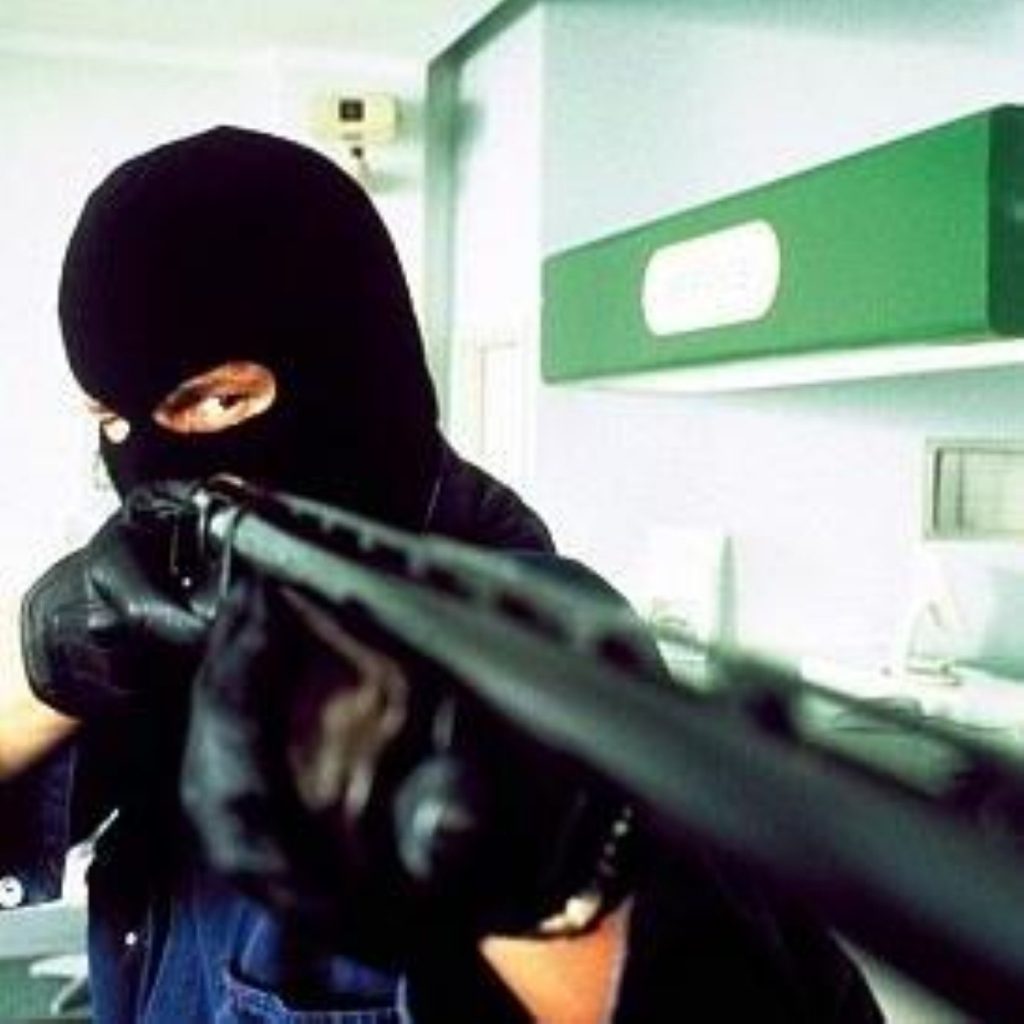Troubles compensation plan defended
By Blaine Williams
The report which recommended paying £12,000 to victims of the Northern Ireland Troubles – even if they belonged to a paramilitary organisation – has come under fire.
The report, published today by the Consultative Group on the Past (CPG), recommends that a sum of £12,000 be paid to the families of those killed during the troubles, even those who caused the atrocities.
This decision has been condemned by some unionists and victims’ groups as it includes payments to families of members of the IRA and other loyalist groups.


People came close to rioting at the press conference announcing the recommendations today.
The press conference, given by the co-chairs of the CPG, was attended by families who had lost loved ones during the Troubles.
Tempers were high as bereaved relatives, from both sides, stood toe to toe with each other pointing fingers and trading insults.
It took a full fifteen minutes of calming down before anyone dared step up to the podium.
There were numerous calls from the master of ceremony for people to “take your seats” and desperate pleas calling for the police to eject demonstrators, although nobody was.
Gerry Adams, president of Sinn Fein, was present and protected by a barrier of body guards but took the full brunt of the people’s anger.
A banner was constantly placed over his head which read: “The wage for murder is £12,000,” and he was greeted with a constant barrage of verbal abuse.
One screamed at Mr Adams: “This is the man who was in charge of the IRA on the day of Bloody Friday.” Others hit back and shouted: “You should be arrested. Leave him alone. Why don’t you get out?”
Amongst the protestors was former unionist politician Cedric Wilson and Willie Frazer from victim’s group Fair.
Lord Eames and Denis Bradley, chairmen of the CPG, insisted their offer was not about compensation or financial reward, but a recognition of the pain suffered by those bereaved.
They said: “It is a small gesture by our society to acknowledge the grief of the families left devastated by the last 40 years.”
Peter Robinson, Democratic Unionist Party (DUP) leader, met Shaun Woodward, Northern Ireland secretary, to outline opposition to the suggestion of equal compensation.
Denis Bradley reacted to speculation over his group’s plans to make recognition payments to the families of those bereaved during the conflict.
“Over the past number of days we have heard some victims’ groups saying we don’t want money, we want justice,” he said.
“Others have said we don’t want money, we want truth. They are right to say that and our report will reflect both points of view. Equally they have to respect those who told us that they wanted neither justice nor truth.
“Others that we met want recognition by our society of their loss and suffering. This is not about compensation nor is it about financial reward. It is a small gesture by our society to acknowledge the grief of the families left devastated by the last 40 years.”
Lord Eames said: “When we undertook this work we were under no illusions that it would be extremely difficult for our society to escape the dark shadows of the past.
“Today we will set out a whole range of issues that will have to be addressed if we are to build the shared and reconciled future that we all want to see.”
The 190-page report, published today by the Consultative Group on the Past (CPG), makes 30 recommendations on how to deal with the legacy of the troubles.

